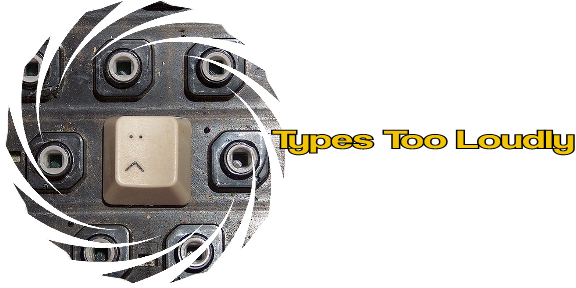According to Baron, all literacy technologies go through similar stages. Initially, they begin as available only to a small number of individuals. This occurs as a result of the high cost, general ignorance, and overall strange unfamiliarity of the technology itself. As these problems are mitigated, the technology becomes cheaper, more familiar and thus more practical and well-known. After being spread, a newer literacy technology can come into its own and begin truly paving new routes and effecting older technologies already in place. Baron follows by pointing out suspicions and frustrations brought forth by new technologies as they often correlate with drastic increases in potential for fraud and deception. This seems perhaps an ongoing stage which persists even after modifications have been made and the technology is widely accepted.
As far as these stages apply to other forms of literary technologies, little can be said. After all, can any technology be known and used by a vast population before initially being restricted to a smaller one? Furthermore, is any kind of technology or development most efficient (both in the cost-effecient and user-friendly efficient sense) when it is first created? Although it is simple to say that Baron's stages apply to all literary stages, to say that they are obvious would be an understatement. Initially I may have argued from my own experience that applying Baron to the internet would require some modifications, but after I recently spoke to some of my elders and was proven to be in error. Apparantly my false deduction is simply due to a gap in my memory as the development of the internet was largely in my younger days. Originally, I could only imagine a time without the net, and then a time where everyone used it. After a few discussions, however, I now imagine the development to fit rather well with the typical trend identified by Baron.
Subscribe to:
Post Comments (Atom)


No comments:
Post a Comment